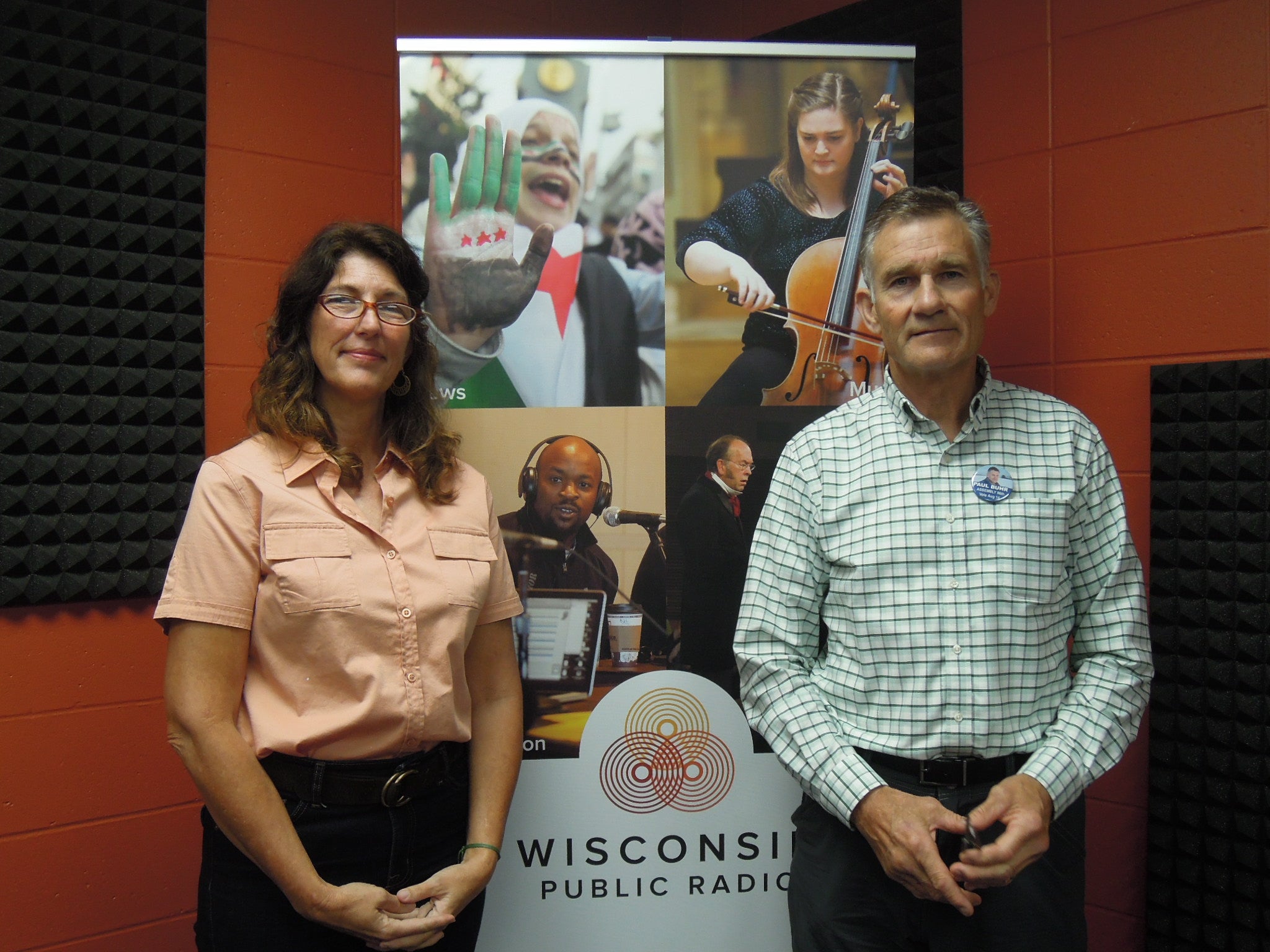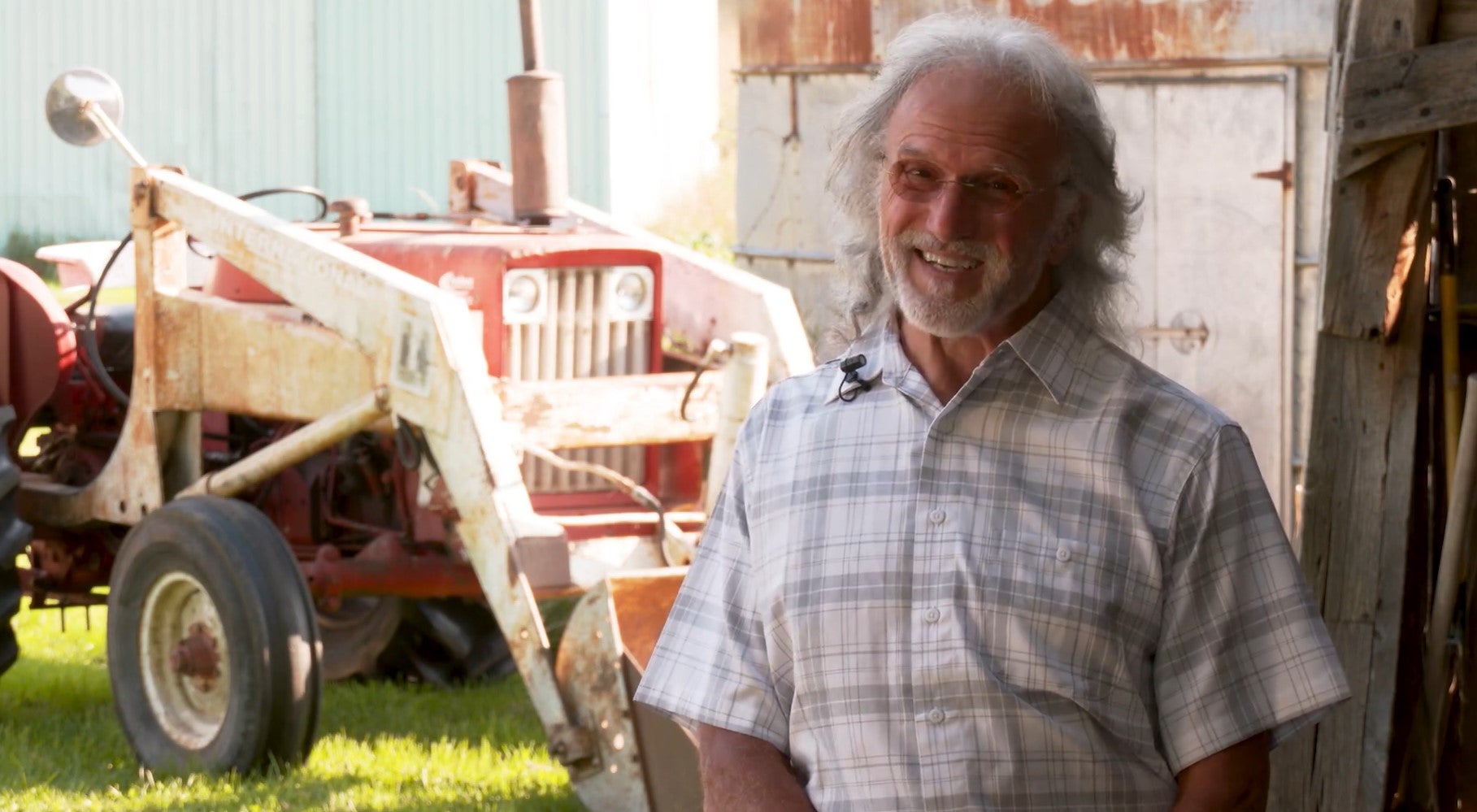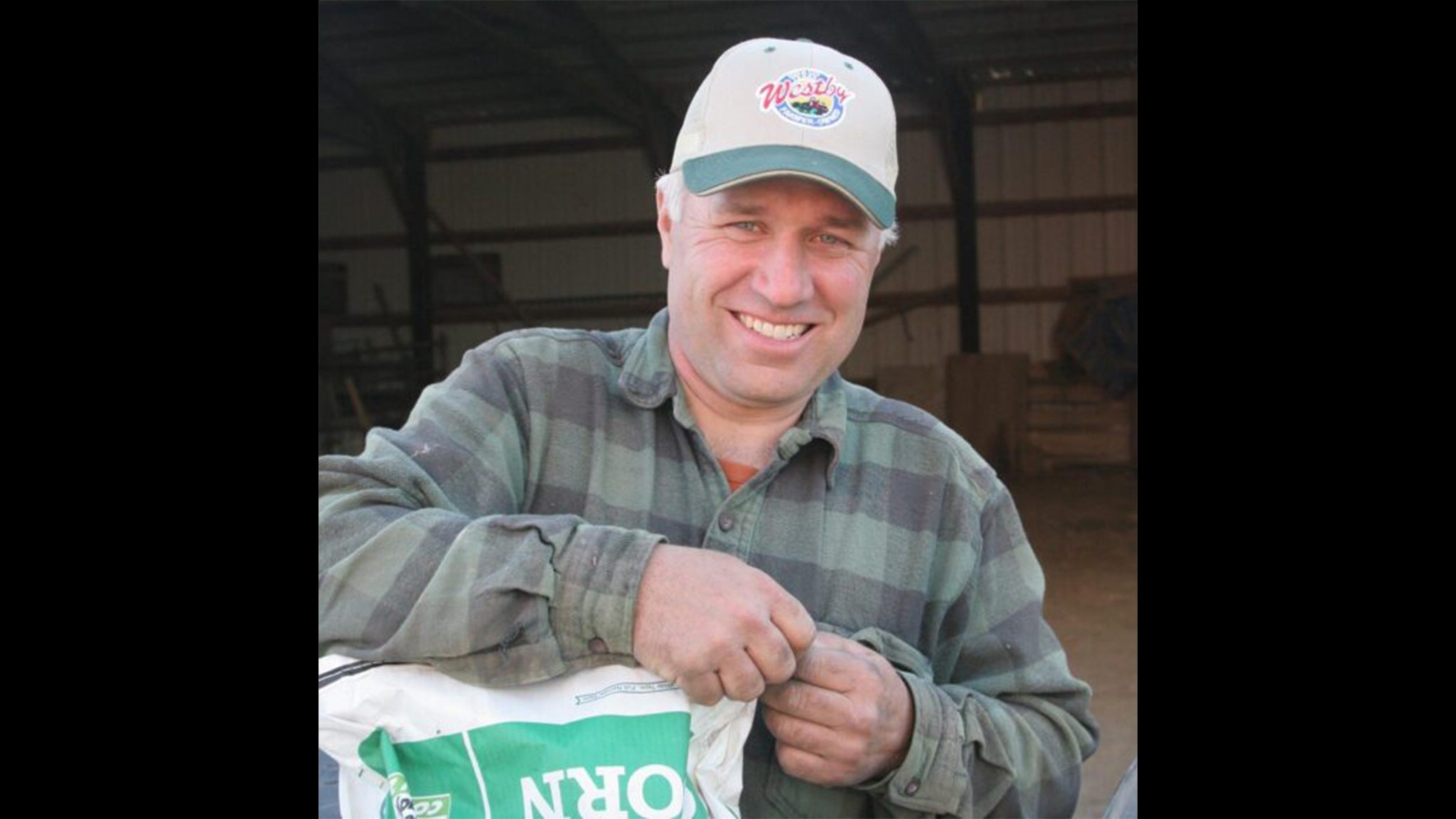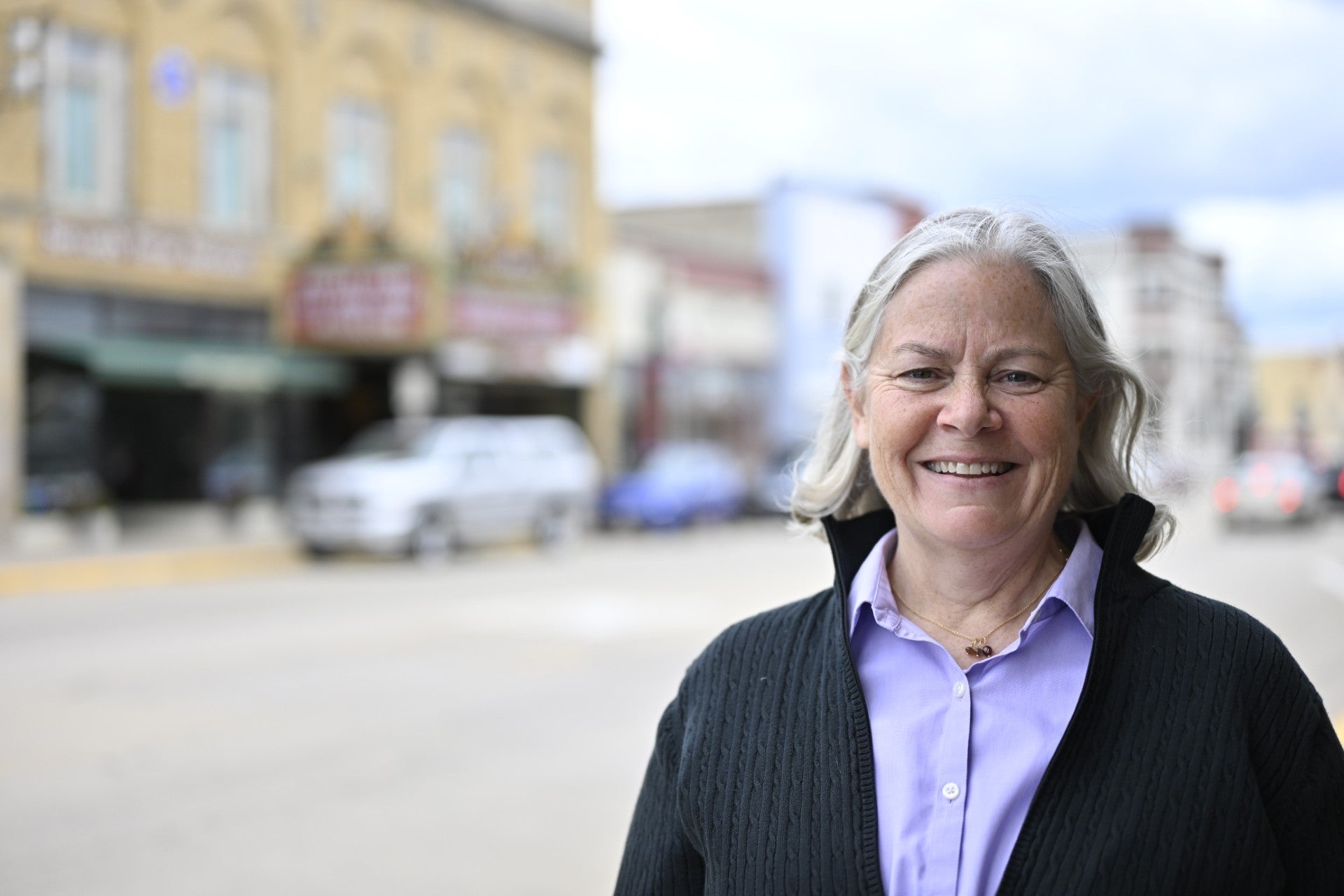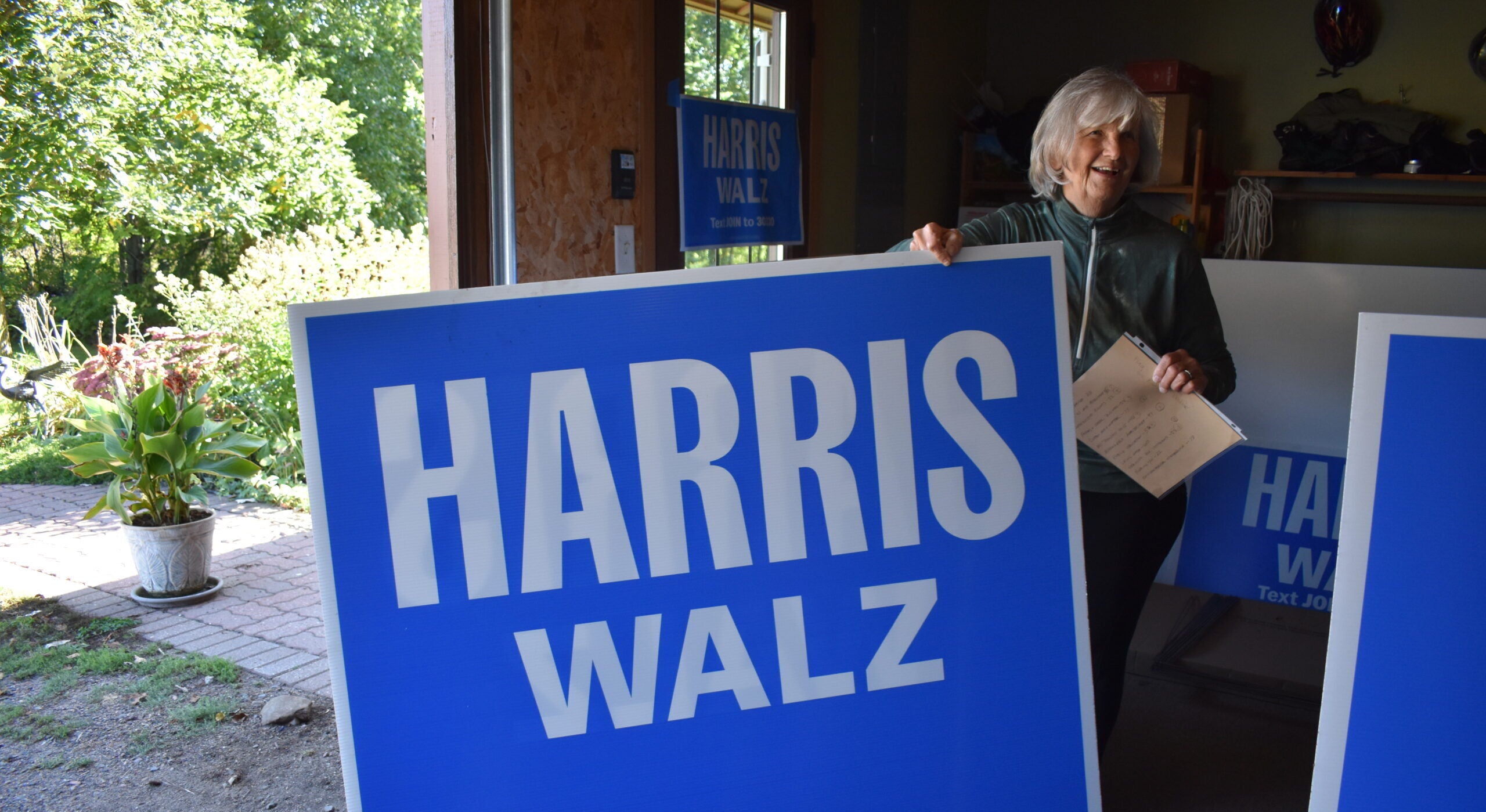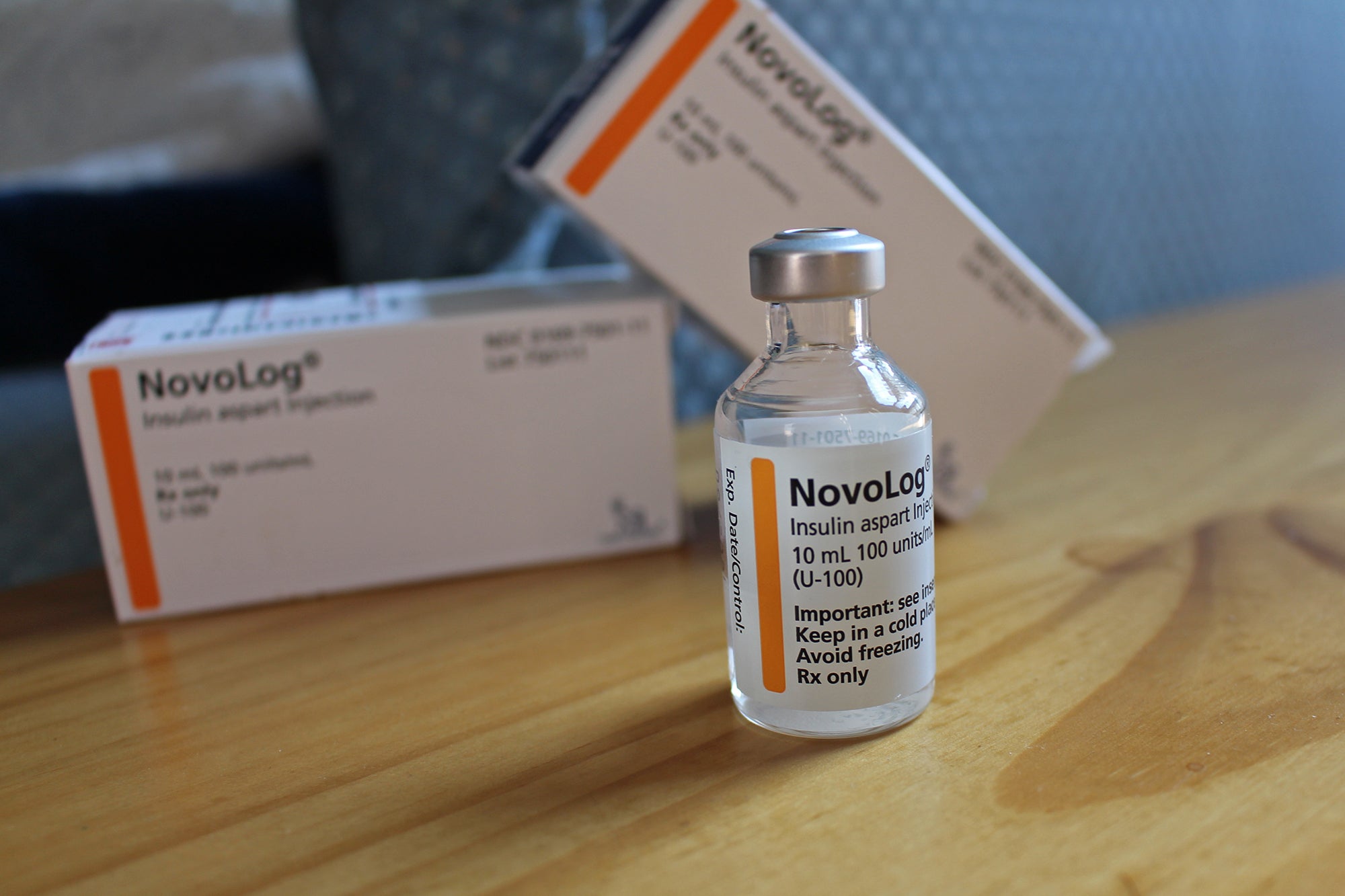One Democrat running for Wisconsin’s 96th Assembly District thinks the state can make major changes to agricultural policy and help small farmers. The other Democrat says the state has little control over markets.
The 96th District is a largely rural area in southwestern Wisconsin which includes part of Monroe County and all of Vernon and Crawford counties. The legislative position is open for the first time in 14 years because of the retirement of state Rep. Lee Nerison, R-Westby.
“A lot of this is federal issues that are driving these prices and policies that we have. The state government doesn’t get to decide because we have open borders, so milk flows freely, corn flows freely between borders,” said Paul Buhr, a longtime dairy farmer from the Viroqua area.
He said state government is limited in what it can do to help farmers become profitable. Buhr said the state can provide farmers with infrastructure and education through the University of Wisconsin’s “Wisconsin Idea.”
But the other Democrat in the primary, solar energy business owner Alicia Leinberger of Viroqua, said there’s a lot that can be done at the state level including encouraging better conservation practices that could lower upfront costs for farmers and improve the environment at the same time.
“Our rural economy base is built on this idea that cooperatives pulling together can help set markets that are not going to be subjected to the kind of commodity market whims that farmers are currently subjected to,” she said. “We need to get back to a market system that favors the small family farmer and the value of that product, not just the value to the consumer, but the value to the whole rural economy.”
Leinberger cites the success of La Farge-based Organic Valley for the organic food market and how that model could be used in conventional agriculture in Wisconsin.
Both Buhr and Leinberger said state government no longer represents the rural interests of the 96th Assembly District, especially in funding rural infrastructure like high speed internet and road improvements.
“In Vernon County, we have a bridge that’s been out for two years. I think this bridge symbolizes how they (Gov. Scott Walker and state Legislature) rank rural Wisconsin as a priority,” Buhr said. “We need to re-prioritize and have roads and proper funding as the first thing that should be done in Madison.”
Buhr would like to stop big road projects in southeastern Wisconsin. Both candidates said the state’s approach in recent years to borrow money to fix roads isn’t sustainable and the road debt needs to be paid off and stop. They both support raising the state’s gas tax as a way to bring new revenue in for road repairs.
Leinberger places all of the blame for road conditions on Walker and said getting a new governor is the only way to solve the problem. She also supports bringing road experts at the county level to the negotiating table to look for alternative solutions.
“We have a single-payer road system. We have one payer and we contract out to private companies to do this,” said Leinberger. “Why are we wasting money in this way? Are we benefiting someone that isn’t us? I think that’s what’s happening. So, I’d also like to look closely at that, and how we are paying for the construction of roads, and if there’s a better way to get that done that will be more cost-effective for our communities.”
The winner of the Aug. 14 Democratic primary will face Republican Loren Oldenburg in the Nov. 6 general election.
– John Davis
Episode Credits
- Hope Kirwan Host
- John Davis Producer
- Paul Buhr Guest
- Alicia Leinberger Guest
- Loren Oldenburg Guest
Wisconsin Public Radio, © Copyright 2024, Board of Regents of the University of Wisconsin System and Wisconsin Educational Communications Board.
